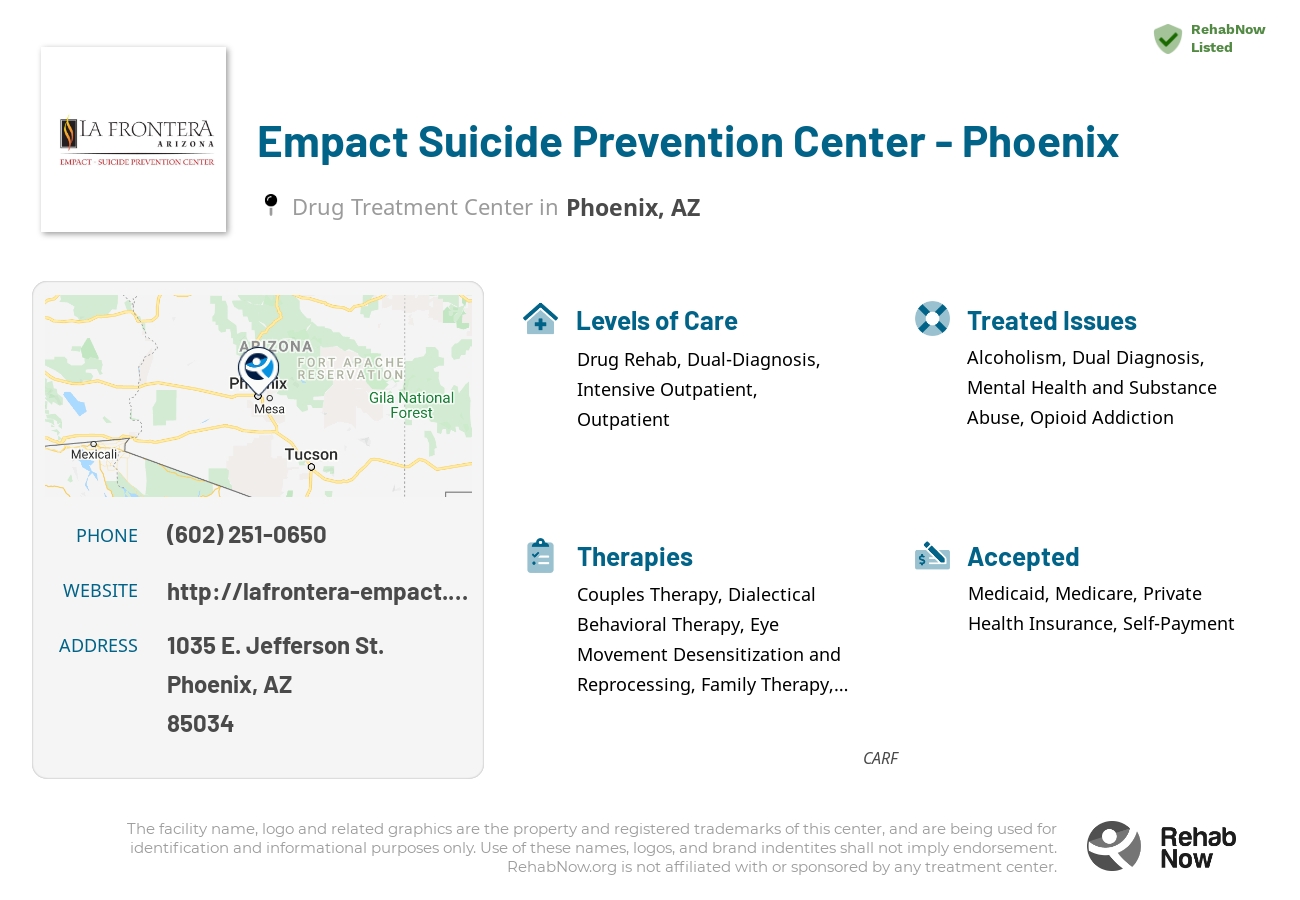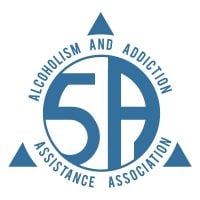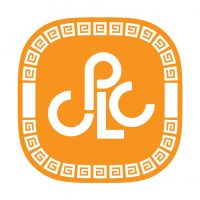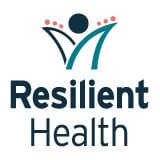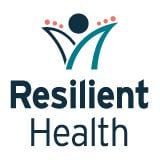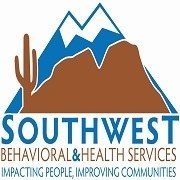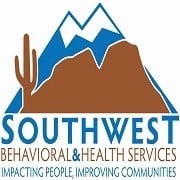Empact Suicide Prevention Center - Phoenix
Drug Rehab Center in Phoenix, Arizona
The Empact Suicide Prevention Center in Phoenix, Arizona provides evidence-based therapies and treatment options for addiction and mental health issues, including drug rehab, dual-diagnosis, intensive outpatient, and outpatient services tailored to meet each individual's unique needs and preferences.
Multiple patients have reported Empact Suicide Prevention Center - Phoenix as permanently closed.
Research other rehabs in Phoenix, Arizona, or get help finding an open facility.
About Empact Suicide Prevention Center - Phoenix in Arizona
La Frontera’s Empact Suicide Prevention Center in Phoenix, Arizona, stands out in providing comprehensive addiction treatment services. Along with intensive outpatient and general outpatient programs, this center is recognized for its inclusive support to adults, families, adolescents, military members, and victims of assault, emphasizing a trauma-informed approach in all its offerings.
- Comprehensive Care: Offers a broad spectrum of addiction treatment options including IOP, OP, residential programs, and aftercare, ensuring a continuum of care.
- Holistic and Inclusive: Provides mental health and crisis intervention programs, utilizing evidence-based practices like EMDR alongside recreational activities and life skills training.
- Accessible Treatment: Implements a sliding scale of fees and accepts various insurance plans to ensure treatment is accessible to all, regardless of financial status.
Empact Suicide Prevention Center is not only CARF accredited, highlighting its commitment to excellence in care, but also adapts its programs to individual needs through evidence-based therapies and treatment options. The center's focus on affordability and insurance compatibility makes it a considerate choice for those in need.
Treatment here addresses a range of issues from substance abuse to mental health challenges, employing methods like individual and group therapy, relapse prevention, and specialized programs for different demographics. The aim is to offer a supportive and effective journey towards recovery.
Genders
Ages
Modality
Additional
Accreditations

CARF
The Commission on Accreditation of Rehabilitation Facilities (CARF) is a non-profit organization that specifically accredits rehab organizations. Founded in 1966, CARF's, mission is to help service providers like rehab facilities maintain high standards of care.
Conditions and Issues Treated
Many people who struggle with opioid addiction need to attend specific programs like methadone , Suboxone or Vivitrol clinics.
These types of programs will provide the patient with legal, prescription medications that can help them overcome their cravings for illegal opioids like heroin or fentanyl . If the patient has a chronic condition like Hepatitis C, they must undergo treatment before they can begin taking these medications.
Dual Diagnosis is a specific relationship between two or more disorders that have the same symptoms and can sometimes be treated together. This is used in the treatment planning process when dealing with drug addicts. Dual diagnosis can be viewed as a chronic medical condition that has comorbid psychiatric disorders.
Although addiction and a mental illness may have separate symptoms that are not easy to detect, they often go hand in hand. Many times, drug abuse is a direct result of the mental illness. In other words, treating the addiction will not resolve all of your issues. Unless you also treat the underlying mental illness, you will not be successful in achieving sobriety.
Levels of Care Offered
This center offers a variety of custom treatment tailored to individual recovery. Currently available are Drug Rehab, Dual-Diagnosis, Intensive Outpatient, Outpatient, with additional therapies available as listed below.
An intensive outpatient program is usually the first phase of addiction treatment. It provides relief for those who are addicted, but are not ready to commit to an inpatient setting. Typically, the patient lives at home and is able to work or go to school. IOPs consist of a daily 3 to 5-hour program, and there is a required number of hours per week. Most patients go to IOP between 20 and 40 hours per week. The patient attends group counseling and individual therapy throughout the duration of treatment. They also meet daily with their therapist to discuss how it’s going and where they are in the recovery process.
The goal here is to teach patients healthy coping skills, such as stress management and identifying thoughts and behaviors that lead to relapse. The implementation of these skills will be useful as the individual transitions into the next phases of treatment.
An outpatient treatment program is set up to help with alcohol or drug addiction, or a co-occurring disorder. The patient must attend the Arizona facility for their therapy and other programs but are able to return home each night. The frequency of mandatory attendance decreases after much of Empact Suicide Prevention Center - Phoenix‘s program is complete.
Therapies & Programs
Individual Therapy is a critical component of addiction recovery. Therapists work with patients to identify the root of their addiction and figure out how to better handle the issues that led to them using drugs. Individual Therapy is the one-on-one session where people meet with their therapist. Individual therapy provides a safe space for people to open up and discuss personal and sensitive topics which they may not feel comfortable discussing in a group setting.
Couples therapy at Empact Suicide Prevention Center - Phoenix focuses on addiction treatment for the addict and their spouse. The addict’s family, not just the addict, can benefit from this form of therapy. Couples therapy addresses communication problems, trust issues, lack of intimacy, and abuse in intimate relationships. Couples therapy can help rebuild trust between partners, which increases the chances for successful treatment and sustained recovery.
Intimate relationships can be damaged during addiction, and professional help may be necessary to rebuild the often destroyed trust and love. Couples therapy at Empact Suicide Prevention Center - Phoenix helps couples improve communication and rebuild trust. Either or both partners will be helped by this treatment administered by professionals. This treatment can also help one or both partners if addiction is the problem.
Family therapy will also help families realize that the addiction is not their fault. For many years, people blamed themselves for an addict’s behavior and felt that they had done something wrong. This is not the case. Addiction is a disease, and it can strike anyone, even if their life seems fine from the outside. It can bring a lot of shame to a family when they have an addict in their midst, but if everyone is open and honest with each other, then they can help everyone stay in recovery.
Group Therapy is utilized by drug treatment centers like Empact Suicide Prevention Center - Phoenix to provide the recovering drug addict with a platform to talk about their feelings and experiences. It also provides for an opportunity to learn from other addicts who have successfully overcome their addiction.
Group Therapy is employed in lectures, seminars, or discussion groups (the latter two are typically conducted as “therapy groups”). It is recommended that all group members be recovering addicts for this type of therapy to work (though it does not exclude others with lived experience).
Trauma therapy is a clinical process that helps individuals deal with mental stress often caused by traumatic events. It is generally done for children, teenage victims of sexual assault, and war veterans. The therapist helps the person identify, understand and work through the problem. This is done with the help of talking about it in group or one-on-one counseling sessions. Therapists use relaxation, role-playing, art, and music to help the person open up about what is bothering them.
Dialectical Behavior Therapy (DBT) is used by drug treatment centers across the United States to help drug addicts become sober. DBT combines traditional behavioral treatments with elements from DBT, including dialectics, distress tolerance, and interlocking issues. It is commonly used to treat Borderline Personality Disorder (BPD) along with substance abuse disorders. The four DBT modules are mindfulness, interpersonal effectiveness, emotion regulation, and distress tolerance.
Eye Movement Desensitization and Reprocessing (EMDR) is a treatment that helps people recovering from drug abuse. EMDR has been proven to be more effective than traditional treatments for treating patients with addiction; it tackles the root of the problem. The rapid eye movements during EMDR sessions reduce the patient’s negative feelings related to past trauma, promoting calmness and relaxation. This, in turn, reduces the chances of relapse at a later stage.
Payment Options Accepted
For specific insurance or payment methods please contact us.
Is your insurance accepted?
Ask an expert, call (888) 674-0062
Empact Suicide Prevention Center Associated Centers
Discover treatment facilities under the same provider.
- Empact Suicide Prevention Center - Queen Creek in Queen Creek, AZ
- Empact Suicide Prevention Center - Maricopa in Maricopa, AZ
- Empact Suicide Prevention Center - Glendale in Glendale, AZ
- Empact Suicide Prevention Center - Apache Junction in Apache Junction, AZ
- Empact Suicide Prevention Center - South 52nd Street in Tempe, AZ
Learn More About Empact Suicide Prevention Center Centers
Additional Details
Specifics, location, and helpful extra information.
Phoenix, Arizona 85034 Phone Number(602) 251-0650 Meta DetailsUpdated April 15, 2024
Staff Verified
Empact Suicide Prevention Center - Phoenix Patient Reviews
There are no reviews yet. Be the first one to write one.
Phoenix, Arizona Addiction Information
Arizona has some of the highest rates of prescription drug abuse in the United States. Methamphetamines, heroin and morphine are among the most commonly abused substances. Prescription pain relievers were prescribed to 348 million people in 2012, enough to medicate every adult in Arizona for 2 full weeks. The number of people with substance use disorders in Arizona has remained relatively constant over the past few years.
In 2012, over 246,000 people were living in Phoenix dependent on or abusing drugs. This amounted to 10.8% of the city's population. In 2016, over 1,000 emergency room visits related to heroin and over 2,500 for cocaine. These numbers are only going up. There are many different rehabilitation facilities in the city and some 12-step meetings and support groups available for help.
Treatment in Nearby Cities
- Benson, AZ (145.0 mi.)
- Prescott, AZ (79.2 mi.)
- Queen Creek, AZ (27.6 mi.)
- Ajo, AZ (87.7 mi.)
- Prescott Valley, AZ (81.8 mi.)
Centers near Empact Suicide Prevention Center - Phoenix
The facility name, logo and brand are the property and registered trademarks of Empact Suicide Prevention Center - Phoenix, and are being used for identification and informational purposes only. Use of these names, logos and brands shall not imply endorsement. RehabNow.org is not affiliated with or sponsored by Empact Suicide Prevention Center - Phoenix.



